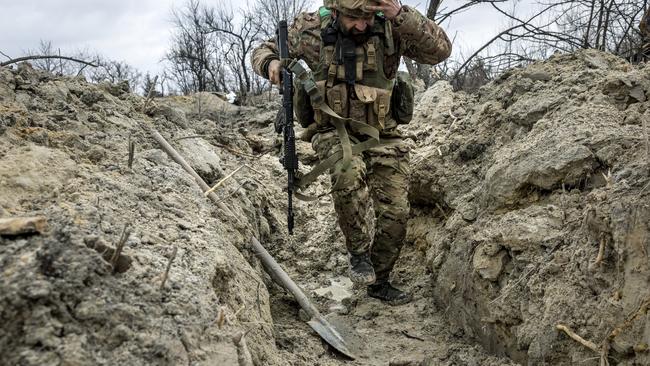
In the end it was inexhaustible British credit, always able to pay other countries to put armies in the field, that overcame what had seemed like a limitless supply of French armies. Along the way, there were numerous attempts at negotiation, and even a treaty, the Peace of Amiens in 1802, that lasted just a year before war was resumed. Only the exhaustion of one side, and the removal of an aggressive emperor, brought a lasting peace.
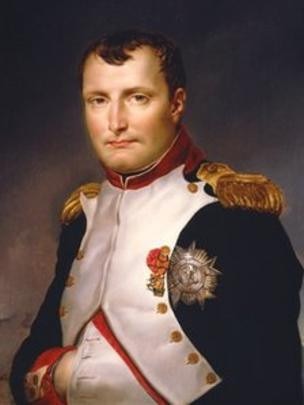
There is a disturbing parallel with the war in Ukraine, in which any hopes for a peace agreement are likely to prove illusory until Russia runs out of men or Ukraine runs out of credit. It is understandable for people to look from afar at the terrible conflict and think that it must be heading for a compromise. Putin failed to conquer the Ukrainians and now they in turn have been unable to expel the Russians. Doesn’t everyone now start to look for a reasonable peace? Unfortunately not: Putin will keep throwing more men to their deaths in the belief that Ukraine’s credit is about to be exhausted.
Last week, a US intelligence assessment suggested the war has cost Russia 315,000 casualties. Yet over 2023 as a whole, according to Moscow, 452,000 Russians have signed up to fight. Most of their best equipment has been destroyed but there are still many men available to feed into the battlefields. Over the weekend, Russian leaders have underlined their lack of interest in any peace except the total defeat of Ukraine. At the UN, a Russian representative made clear that any deal would have to entail Ukrainian “capitulation”. On Sunday, Putin gave an interview conforming to his long-held view that the West is weak.
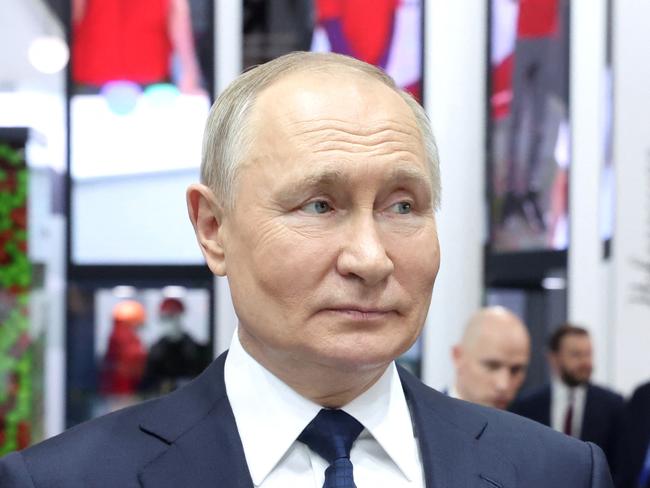
Putin believes he can win. Indeed, he will think he has no option but to do so - the close-run drama of the Prigozhin revolt in June will only have underlined for him that any compromise will be the end of him. He disastrously misjudged both Ukraine and the West at the beginning of last year when he invaded, but now he is determined to be proved right: his disregard of the massive casualties will divide and demoralise a feckless and distracted West; the loss of so many men is not a problem but more a demonstration, and one that will prove how wasteful it is for western capitals to part with more of their precious money.
Right on cue, both the US Congress and the EU have failed in recent days to agree on crucial further funding for Ukraine, blocked respectively by Senate Republicans and by Hungary’s prime minister, Viktor Orban. No wonder Putin has sounded so bullish in recent days. On display is the West he has always depicted and despised: so preoccupied by war in Gaza that we lose concentration on an even bigger conflict, so easily divided by Russia’s disinformation and bots that we start to doubt ourselves, so caught up with our budgets and cost-of-living crises that we will abandon allies who are literally dying in their trenches.
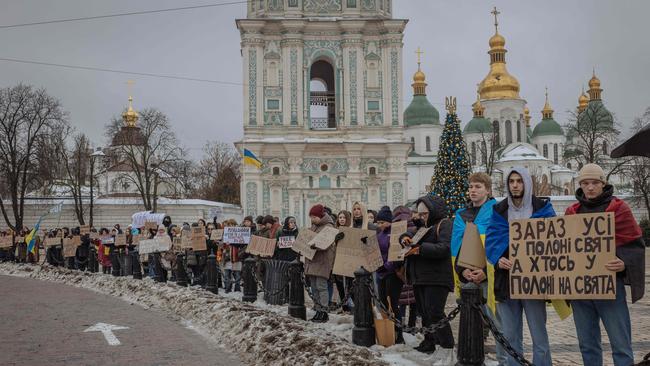
The result is a pivotal moment in the Ukraine war, which more than anything else that might happen in 2024 - the huge number of elections, the path of interest rates, the rows over migration - will decide the fate of Europe and the future of the West.
We should know Putin by now. A decade ago, we tried in good faith to “reset” relations with him but it didn’t work. Any peace agreement he makes with Ukraine would only be on humiliating terms for Kyiv and leave him well placed to return soon afterwards to swallow the rest of the country.
If that happened, both the moral and financial consequences for the West would be catastrophic. No friends, in eastern Europe or the Asia-Pacific, would ever again rely on our word. China would draw its own conclusions about our staying power. The cost of raising defence expenditure to defend Nato borders against a victorious Russia would be much higher, on a permanent basis, than any financial or military aid Ukraine now requires. When some Trump Republicans argue that aid to Ukraine “puts America last” they are making a dishonest argument, for a world in which Putin is successful will be far more expensive for Americans.
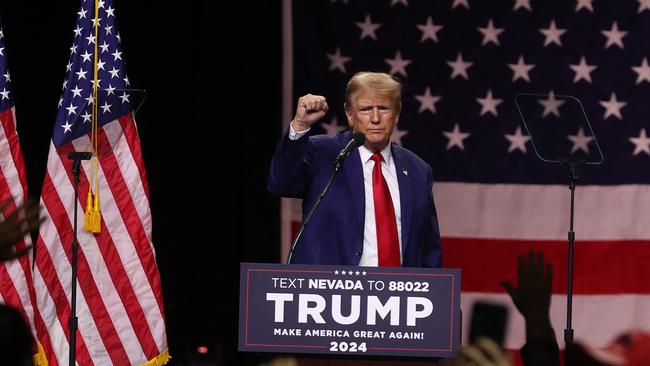
From Orban to Trump and his acolytes, the real, subliminal reason they oppose aid for Ukraine is quite possibly that their views of western democracy overlap with Putin’s. For them, the defeat of Biden, liberals, Democrats, EU institutions, internationalism and western solidarity would hardly be unwelcome. The collapse of Ukraine would be the downfall of everything they have come to resent. That such people are able to hold hostage the next tranche of aid only underlines how serious this crisis has become.
EU leaders will be able to circumvent Orban by agreeing a new legal vehicle to send ¤50 billion to Ukraine outside EU structures. In Washington, Biden ought to compromise to get his dollars 61 billion aid package through, since the survival of Ukraine is even more important than the other issues - mainly migration policy - at stake. Further delays will only embolden Putin and cost many Ukrainian lives.
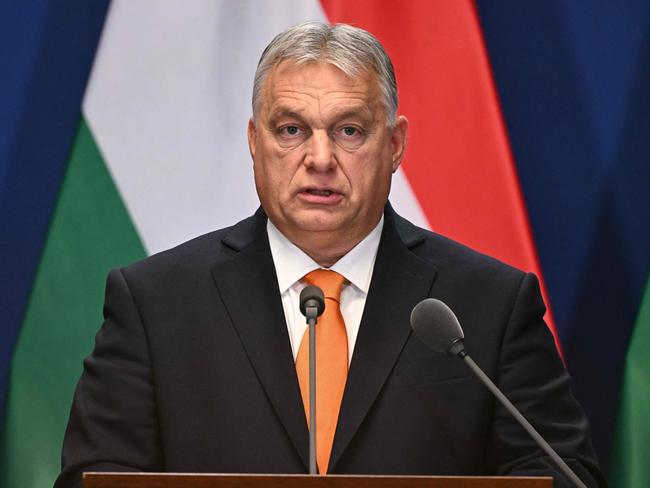
Even if this is resolved, aid to Ukraine will be the crucial foreign policy debate in 2024. British and other western leaders will need to articulate two clear truths. The first is that wars can be long and unpredictable. Ukrainian forces have not broken the Russian lines in recent months but they have performed an extraordinary feat by establishing a bridgehead on the left bank of the Dnieper. With Storm Shadow missiles from the UK they have also driven Russia’s Black Sea fleet to the east, boosting their own grain exports. The military position is far from static or hopeless.
The second truth is that Putin cannot win against a determined West. The Russian economy is smaller than that of Britain or France. It is one twentieth of the G7 countries combined. We easily have it in our power to ensure Ukraine does not run out of credit, long after Putin will have run out of men. Making sure that happens should be the new year’s resolution of the western world.
The Times


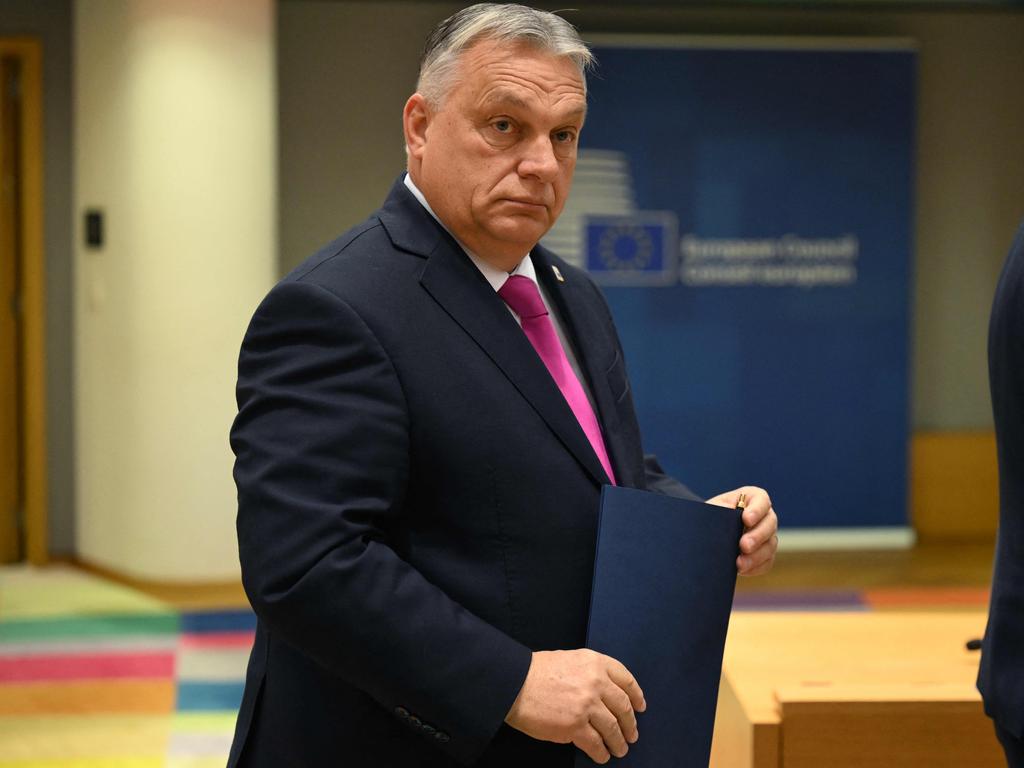

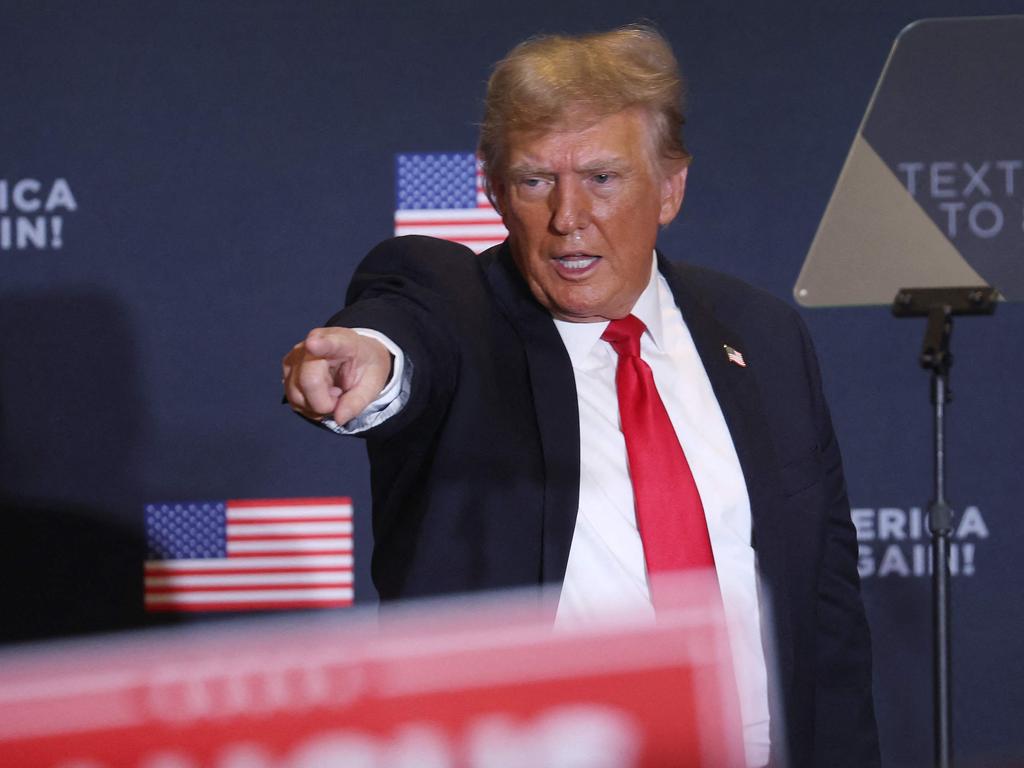



In 1793, Britain, along with much of the rest of Europe, embarked on war against revolutionary France. On all sides, it was thought that the war would be over in months. No one would have believed that it would only be settled 22 years later at the Battle of Waterloo with the final defeat of Napoleon. France, then the most populous country of western Europe, proved capable of mobilising vast armies: until his ill-fated march on Moscow, Napoleon would not run out of men. Britain, with its trade, industry and City of London all expanding, never ran out of credit.